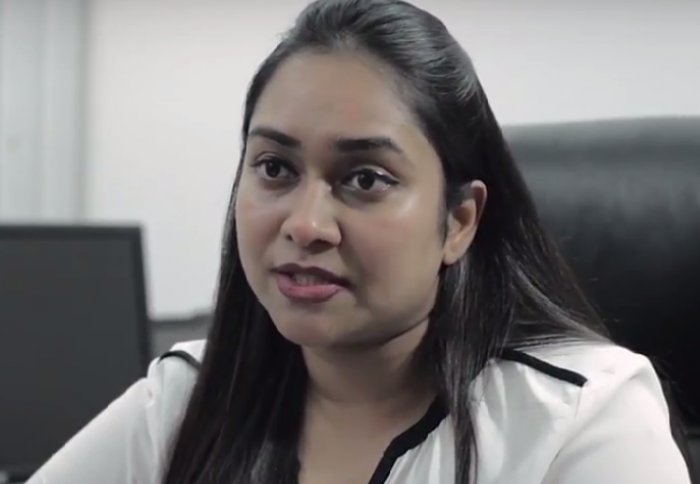

Energy poverty is a key issue obstructing development and in Bangladesh (60% of the rural households in the country are energy poor).
Bangladesh is a densely populated country of 160 million people in a land area, roughly half the size of UK. Two-third of rural households in Bangladesh have no access to electricity. Energy poverty has been identified as a key issue obstructing development and 60% of the rural households in the country are energy poor.
Expansion of the current electricity grid would not be cost effective for the rural areas of the southern coastal belt due to low population density and also the vulnerability caused by the effect of climate change and rising sea levels in that region. This problem has motivated Anika Ali a PhD student at the Centre for Environmental Policy (CEP) of Imperial College to identify the most efficient and viable energy solution for rural communities in the southern coastal belt of Bangladesh.
Working with with Dr. Kaveh Madani and Dr. Judith Cherni on a project financed by Green Carbon Ltd., a technology development company from Bangladesh, Anika is trialling three types of small scale off-grid renewable energy solutions (solar, wind and hybrid of solar plus wind) with clusters of households in the grid energy deprived southern coastal belt of Bangladesh.
Anika has been working with local communities in southern Bangladesh to install three types of small scale renewable technologies to evaluate how energy access can impact livelihood in these areas. “One of the key energy options for these localities is the exploitation of renewable energy sources such as solar and wind”, says Anika. “The country has shown some progress in solar energy incorporation, but wind is an untapped resource. There are also issues with sustainable market adoption and uptake, technical quality monitoring and technical support for the products that need to be carefully investigated.”
Anika hopes that the results from this project shall provide useful lessons for addressing energy issues in other similar rural locations across the country and maybe across the region. Tying in elements of energy security, health, education and climate change adaptation, her project will also aim to find a suitable model for improving the sustainability of rural communities.
Article text (excluding photos or graphics) available under an Attribution-NonCommercial-ShareAlike Creative Commons license.
Photos and graphics subject to third party copyright used with permission or © Imperial College London.
Reporter
Alex Walker
Centre for Environmental Policy

Contact details
Email: a.walker@imperial.ac.uk
Show all stories by this author



